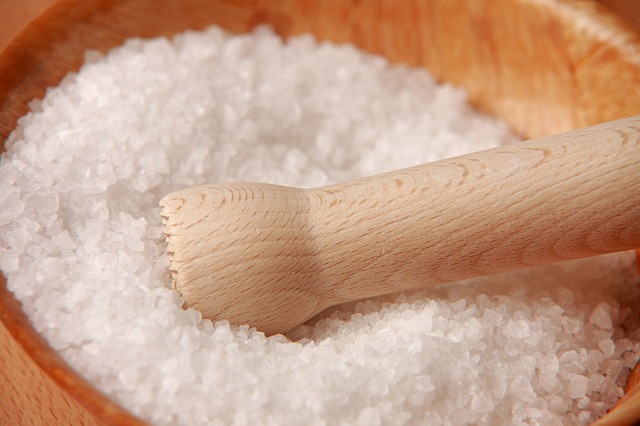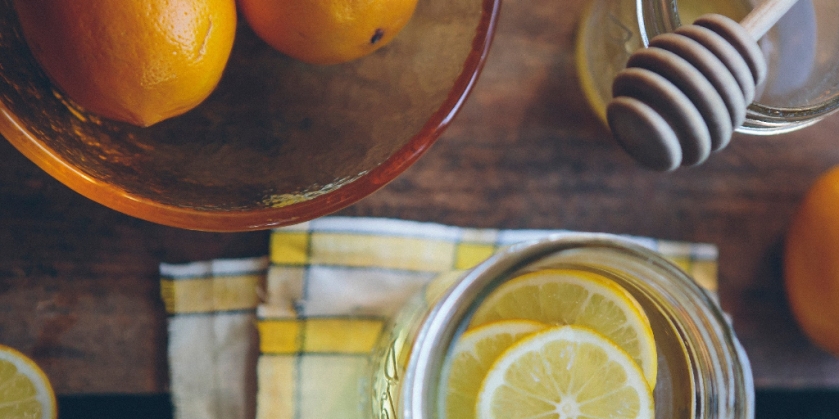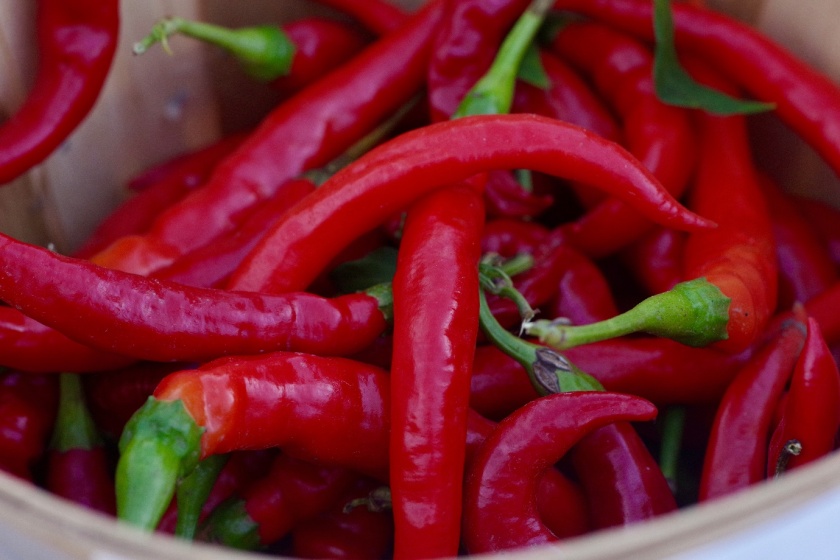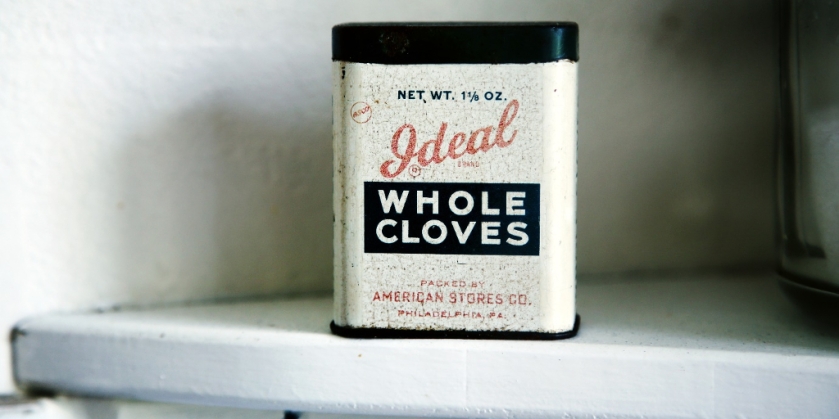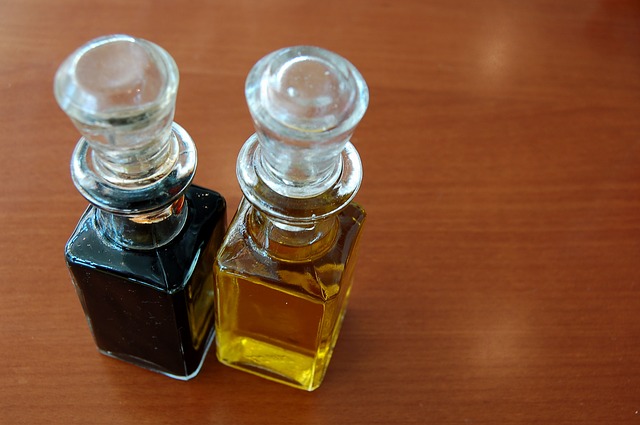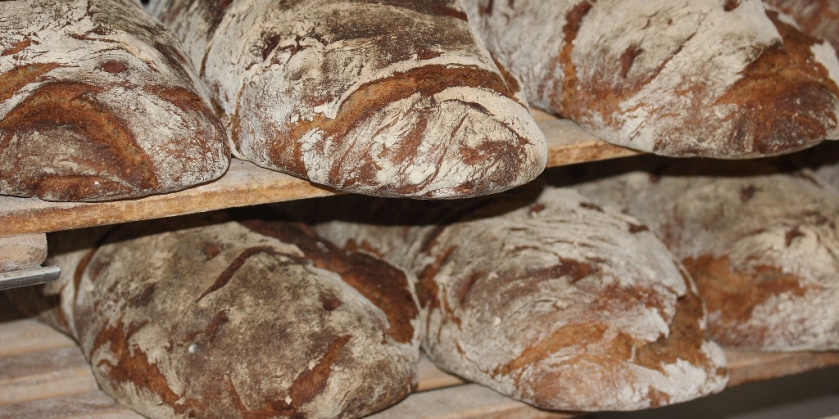Read time: 4 Minutes
It affects 30-40% of all people in Ireland, 50% of those over the age of 45, around 4 out of every 5 men and 2 out of every 3 women.
Although high blood pressure affects so many of us, most of us probably even don’t realise we have it. Unless you suffer from problems with your kidneys, adrenal gland or thyroid or unless it runs in your family, there’s rarely a single cause of high blood pressure and it’s mostly symptomless.
For the majority of people, the only way to know if you suffer from high blood pressure is to get it measured by your doctor. It’s recommended that you get your blood pressure taken at least every five years or more frequently if you’re overweight, a smoker or drink alcohol regularly.
What is high blood pressure?
All of us have blood pressure – it’s the work your heart has to do to pump blood around the body. If you have high blood pressure (also known as hypertension), this means your heart has to work harder.
Generally, a blood pressure reading of 120/80 is normal and a reading of 140/90 is considered high.
Dangers of high blood pressure
High blood pressure is one of the main risk factors of heart disease and stroke – two of the primary causes of death in Ireland.
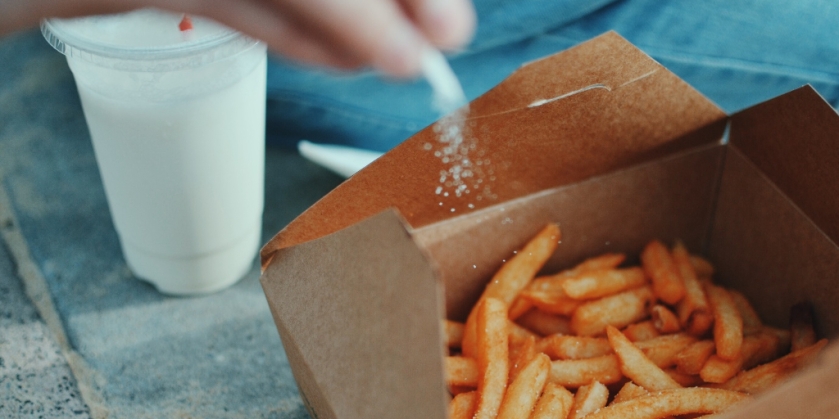
How to treat high blood pressure
If you have high blood pressure, your doctor will give you the best advice on how to manage it and will tell you if you require medication to control it.
To aid things further, there are certain measures you can take with your diet to ensure you’re not consuming anything that may heighten things.
Generally the advice is to minimise your salt intake, as sodium works on your kidneys and makes your body hold on to more water. This excess of water raises your blood pressure and puts extra strain on your kidneys, arteries and your heart.
But binning your salt shaker won’t solve the problem – you also need to consider the foods in your diet and ingredients in your cupboard that contain too much sodium.
When it comes to high blood pressure, you’ll often hear the term ‘DASH diet’. This stands for dietary approaches to stop hypertension and consists of foods that are low in sodium but high in powerful minerals like potassium, magnesium and calcium which can counter the impact of salt in the body.
If you’re new to the ‘DASH diet’ or aren’t sure which foods will affect your blood pressure, here are the best and worst foods for hypertension
Best Foods For Your Blood Pressure
Bananas
Bananas are one of the most potassium-rich foods you can eat, with up to 12% of your recommended daily intake. Potassium is great for those with high blood pressure as it counterbalances the effects of salt on blood pressure. Bananas also contain good levels of calcium and magnesium.

Sweet potatoes
Often cited as a ‘superfood’ sweet potatoes are rich in potassium and magnesium and are high in fibre. You can use them to make a great alternative to chips.
Avocado
Avocados are another great potassium rich food. Studies have also revealed its abilities to reduce cholesterol and fat in the body and control inflammatory stress.
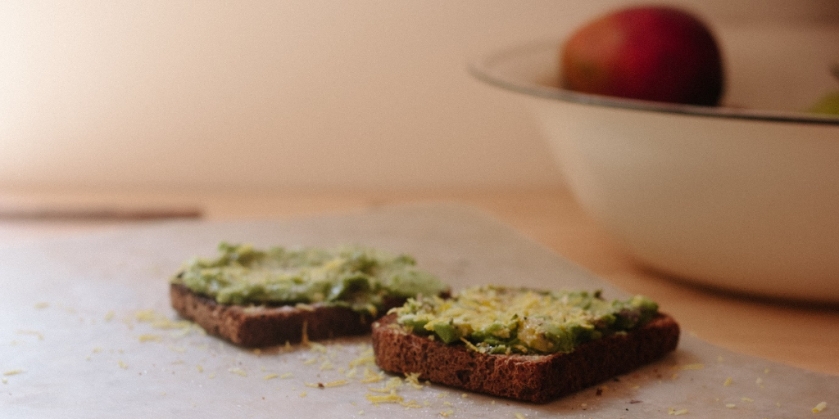
Chocolate
Some research has shown dark chocolate’s ability to reduce high blood pressure, as it has relatively high levels of magnesium. Magnesium is thought to help blood pressure by enabling the body to regulate blood flow. Research by the University of Hertfordshire in early 2017 revealed that in many cases people with higher than average blood pressure often have a magnesium deficiency.
Eggs
When we think of heart health in general, we don’t tend to think of eggs as they’re commonly associated with high cholesterol. However, it is thought that for most people, the cholesterol consumed in eggs, does not affect the body’s own cholesterol levels. In fact, they’re believed to be good for your heart and your blood pressure – specifically egg whites. Although more research is still to be done, initial studies on rats found that when they were fed a protein found in egg whites, they experienced a significant drop in blood pressure.
Worst foods for your blood pressure
Canned soup
When it comes to high blood pressure, it’s advised to avoid canned or pre-packaged foods as they will often contain higher levels of salt to preserve the ingredients. Although canned soup can seem like a good cost effective meal, they are often very high in sodium.
Pickles
Pickles are another high sodium food. Anything that is preserved usually contains a high level of salt as salt prevents decay and keeps the food edible for longer. The longer a food is in a jar or can of preserving liquid, the more salt it will absorb.
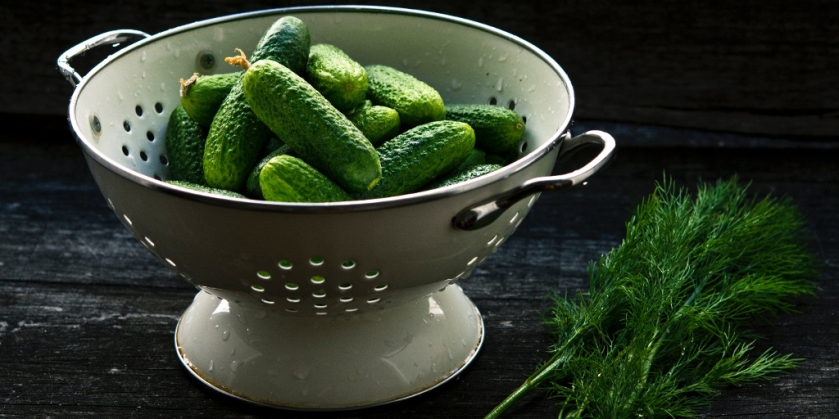
Tomato sauces
Whether it’s canned tomatoes, tomato pasta sauces or tomato juice – many pre-made tomato based products will be high in salt. As tomato products form the heart of many of our favourite dishes, you can cut the sodium by making your own sauces with fresh tomatoes, olive oil and herbs.
Coffee
Although many of us feel we need coffee to just function and get through the day, your daily cup (or cups) could be detrimental to your blood pressure as it causes a temporary spike. This is true of all caffeinated products including energy drinks and even tea.
Alcohol
Drinking alcohol in moderation (one drink per day or less) is not thought to increase your blood pressure, but overindulging and consuming large amounts can be dangerous and lead to long-term blood pressure increases. Heavy drinkers who want to lower their blood pressure are advised to cut their drinking back gradually as going cold turkey can lead to severe blood pressure increases for a few days.

Conclusion
Although the foods on this list are generally considered to impact blood pressure (either improving or negatively impacting it), a good diet needs to work in combination with regular exercise and a generally healthy lifestyle to improve your blood pressure.
Before making any changes to your diet, you should always seek professional, medical advice and, if you’re unsure of your blood pressure, there’s no better time to make that appointment and get it checked.
Are you surprised by any foods on this list? Let us know on social media using the hashtag #MyIrishLife
Let us help you plan your future!
Build your free personal profile today and let us help you plan your financial future.
